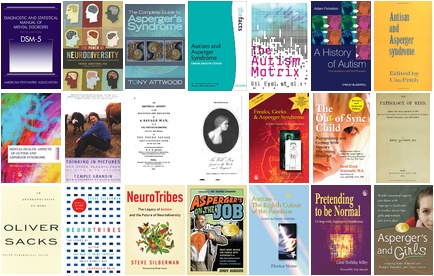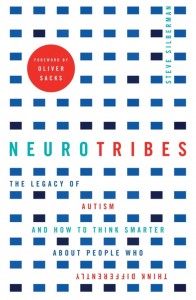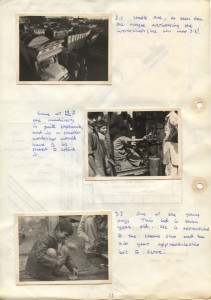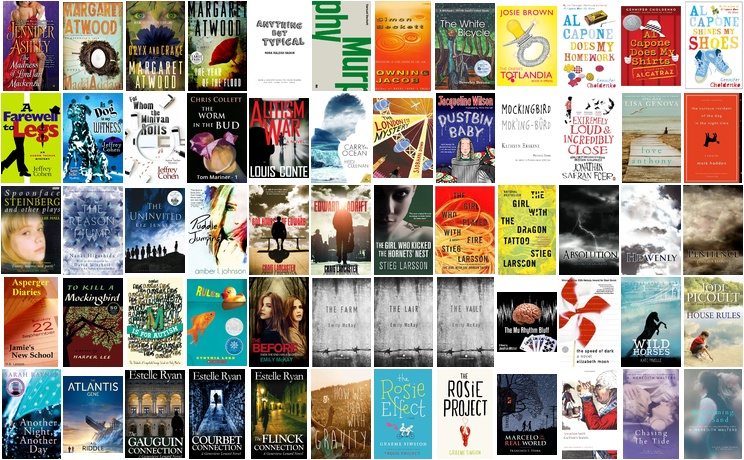 “I am incredibly disciplined in the diagnostic classifications in my research, but in my private practice, I’ll call a kid a zebra if it will get him the educational services I think he needs.” – Judy Rapoport, a senior child psychiatrist at the National Institutes of Health, in Slate magazine.
“I am incredibly disciplined in the diagnostic classifications in my research, but in my private practice, I’ll call a kid a zebra if it will get him the educational services I think he needs.” – Judy Rapoport, a senior child psychiatrist at the National Institutes of Health, in Slate magazine.
I often think about the language of disability, from three sometimes conflicting perspectives – fictional depictions that are positive, political advocacy about disability and individual access to services. Fiction works best for me when the characters are real, and when their impairment or disability is only described (if at all) in relation to events in the plot. Political advocacy is mostly about raising awareness and gaining group recognition, with a strong focus on group identity. Access to individual services is often dependent on ticking the label that matches a box on a bureaucrat’s form or a piece of antiquated legislation (even if it says ‘Zebra’).

 This is an important book and, above all, a book of the now — some commentators have talked about the creation of a “pre-Neurotribes” and a “post-Neurotribes” public understanding of autism, which is probably correct. The amalgamation of Asperger syndrome into autism spectrum disorder within the DSM-5 in 2013 rewrote the definition of autism and Steve Silberman delineates the new landscape of the autistic spectrum and its population.
This is an important book and, above all, a book of the now — some commentators have talked about the creation of a “pre-Neurotribes” and a “post-Neurotribes” public understanding of autism, which is probably correct. The amalgamation of Asperger syndrome into autism spectrum disorder within the DSM-5 in 2013 rewrote the definition of autism and Steve Silberman delineates the new landscape of the autistic spectrum and its population.

